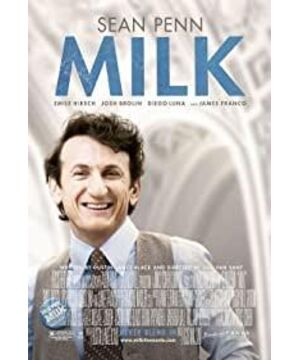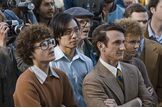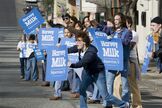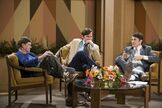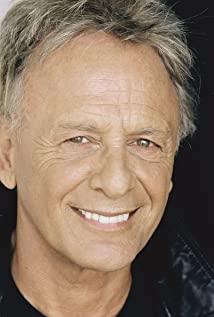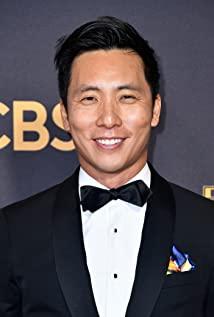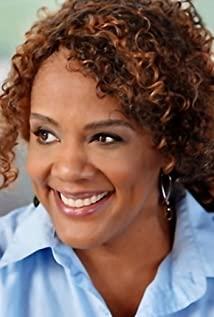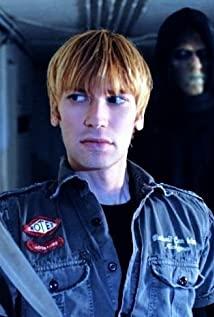[Milk] is very similar to Santer's first film [Wicked Night], recording a tragic and joyful experience in a light and uninhibited way, full of longing for a new life everywhere. San Francisco's Castro Street provides a more relaxed place for Milk, in fact, the influx of socially marginalized groups such as gays and hippies has already troubled the descendants of Irish Catholics who live here. With the urge to spend his life, and the support of his lover and friends, Milk became the "Mayor of Castro Street", and then tried to participate in political activities and run for the city supervisor (supervisor). At this point, albeit unintended, gay resistance to the police often turned violent. With Milk's efforts, and with a firm belief in equality, the resistance of marginalized groups finally evolved into an organized peaceful way.
Milk's tragedy is a tragedy of fate. Intrigue, betrayal, and blackmail are inevitable in politics, and from the moment he was determined to fight for gay rights as "a member of the machine", the outcome was doomed. Milk is by no means perfect, the important thing is to be clear about what he wants and try his best not to turn back. In the film, Don White's final killing appears to be "revolt without cause". The crises of career, family, and faith are not enough to fully explain his extreme behavior. His relationship with Milk is both foe and friend. The success of homosexuality and Milk's "betrayal", mixed and fermented with deep-rooted prejudice, seem to be catalysts for tragedy.
Despite the documentary [The Age of Harvey Milk], the current biographical film [Milke] is still worth watching. The addition of a large number of documentary clips and news reports makes this film "indistinguishable", which is similar to [Twenty-Four Cities]. This Milk walks between "true and false", and will not be deified because of his career, nor will he be self-pity because of a purely personal perspective. The switch between "facts" and performances preserves a space for thinking.
As an out politician, Milk became a symbol of the gay rights movement. His arch-nemesis, conservative singer Anita Bryant, still goes to great lengths to push for "God's will" to crack down on gay rights. What can be comforting is that the various discrimination laws against homosexuals that she vigorously promoted are gradually being phased out. For example, Dade County, highlighted in the film, finally repealed a law that discriminated against homosexuals in 1998. Good fortune makes people, Teacher B experienced a failed marriage in 1980, which is a great shame for orthodox Christians, and he has also received a solid revelation. It was really the dark night that gave her black eyes. After she was in trouble in her life, her female consciousness was greatly awakened and she began to pay attention to female issues. Equally tragically, Bryant ended up doing almost nothing and was in a dilemma of bankruptcy, and political activities destroyed her in the end. Now she is devoted to charity and regrets her previous attitude, but she still doesn't seem to have a good impression of homosexuality.
In fact, as early as 1977 (before Milk was assassinated), Teacher B was rewarded with a fruit pie by gay activists in Des Moines, Iowa. There is no such passage in the film, but Milk and his lover Scott have a similar banter. How to ensure cultural diversity, how to promote fairness, and how to recognize discrimination in society are all issues that should be carefully considered. Having said that, it would be a good start if public figures could be more "recognized" by delicious and fun things like apple pie. If you can accept it calmly and go back and think about what you have done inappropriately, that would be even better.
PS: In our country, even if homosexuality is no longer a criminal offense, thinking about the pressure on Wang Xiaobo and Li Yinhe when they tried to study homosexuality, they are not optimistic. Thinking about today's "green tyrants", I heard that homosexuality is also included in the prohibited options, so you can roughly guess the attitude of the "temple". This issue of "Southern Weekend" A6 page has a report on college students who came out of the closet.
http://www.mtime.com/my/underground1984/blog/1962110/
View more about Milk reviews


